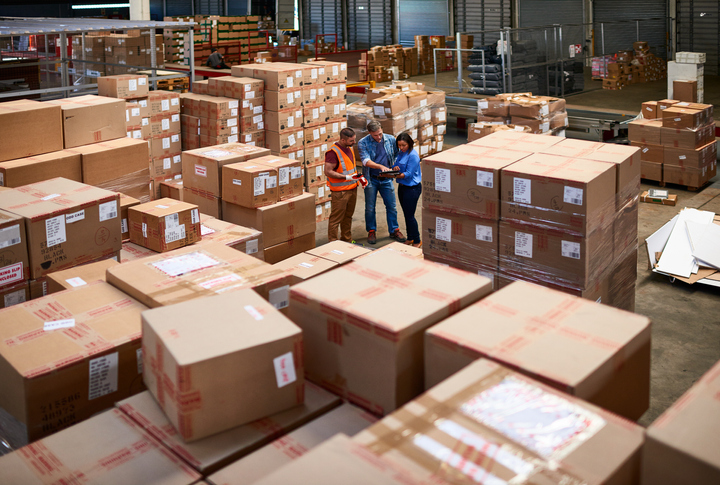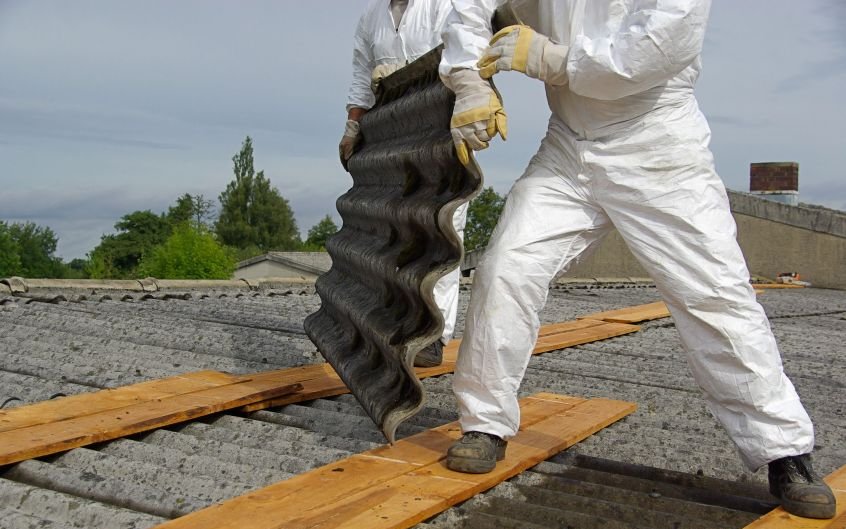Health and safety might not be the most exciting part of running a business, but a lax attitude can have devastating effects.
Serious health and safety incidents are very often entirely preventable – resulting from human oversight, inadequate procedures and training, and failure to properly address blatant hazards. In cases where harm could have been prevented but wasn’t, employers can expect significant financial penalties.
Proving that accidents still occur during the festive season, December 2019 saw the following five high fines for health and safety failings.
1. Hampshire Council fined £1.4m after child suffers serious head injury
A council rounded off the year with a six-figure penalty after a six-year-old was seriously injured while playing on an inappropriately secured street bollard.
The girl was attempting to leapfrog the cast iron hinged bollard when it toppled over. The structure had been secured with cable ties after being hit by a van a few weeks before. The girl fractured her skull in the incident.
An investigation by the Health and Safety Executive (HSE) found Hampshire County Council had known the structure was damaged. Investigators learned that the bollard had been reported to managers less than two weeks before the incident. The investigation also determined that the information, instruction and training given to council officers carrying out inspections was insufficient and that inspection guidance was misleading.
A council engineer had reported the damage after finding two plastic ties on the bollard during a routine inspection. However, the officer did not think it needed immediate repair and had not classed the damage as a “safety defect”. The engineer told the court that he pushed the bollard to check its resistance and that “it was clear it was stable”. Nevertheless, experts in the trial agreed that relying on cable ties to secure the bollard was an “inadequate control”, particularly as the “main lump” weighed some 69kg.
Hampshire County Council was found guilty of breaching the Health & Safety at Work etc Act 1974. It was fined £1.4 million plus costs of £130,632.
HSE
The case highlights the importance of regular maintenance checks and risk assessments in all public areas.
A council spokesperson commented: “We are satisfied that our officers followed the county council’s policies and procedures in force at the time. However, the court found that these procedures fell short of requirements, arising from the change in government policy – from a national framework to an approach based on risk assessment – which is more locally determined. This case may prove to be an important test case for the interpretation of this change more widely”.
2. FedEx UK fined £533k after worker hit by reversing forklift
Multinational parcel carrier FedEx was fined over half a million pounds after a worker was struck by a reversing forklift. The employee was walking across a depot when hit by the forklift and trapped on the ground. He had to be freed by colleagues using a pallet truck.
HSE investigators found that there was not enough segregation of forklift trucks and pedestrians at the site. A risk assessment had been carried out but had not identified the importance of robust segregation in an area where forklifts frequently moved around.
FedEx UK Ltd pleaded guilty to breaching the Health and Safety at Work etc Act 1974. It was fined £533,000 and ordered to pay costs of £10,033.
HSE
3. Thames Water fined £300k after confined spaces breach
In a particularly distressing incident, wastewater company was fined hundreds of thousands of pounds after three of its workers “narrowly avoided death by drowning in sewage”.
The workers were carried along a sewer following the collapse of an old sewer gate. The 150-year-old cast iron penstock failed, engulfing and carrying them along the sewer. Although the wastewater company had planned workers’ individual sewer activities, the HSE unearthed that it had:
Although the wastewater company had planned workers’ individual sewer activities, the HSE unearthed that:
- It had failed to properly co-ordinate them as the permission and authorisation system was fragmented; and
- There was no effective means of collating, comparing and adapting to the impact of multiple work activities.
An unrelated planned power outage also meant that sewage pumps, vital to controlling sewage levels for the work being done, were not available for use, which resulted in the failure.
Thames Water Utilities Limited admitted breaching the Confined Spaces Regulations 1997. It was fined £300,000 and ordered to pay costs of £16,419.
HSE
4. Halfords fined £200k after boxes fall on employee
A bicycle retailer was heavily fined after a set of heavy boxes collapsed onto a staff member.
The employee was asked by his store manager to move some boxed bikes from the “goods in” area to another location upstairs in order for them to be assembled. There were 72 varied sized boxes, each weighing between 10-20kg. They had been stacked two or three boxes high on their narrow ends. However, no supports had been used to secure the bikes or prevent them toppling over.

In attempting to remove a boxed bike from the stack, some boxes fell forwards on to other boxes causing a domino-type effect. This resulted in the employee being pinned to the wall by several heavy boxes before a colleague was able to free him.
An investigation by council inspectors found several safety shortcomings, including failing to:
- Carry out a risk assessment for stacking boxed bikes;
- Provide employees with appropriate training about boxed bikes; and
- Adequately control and manage the stock of boxed bikes.
Inspectors also found the store was overstocked by 91 bikes and that storage areas were overcrowded.
Halfords Ltd was fined £200,000 with costs of £13,286.35 for breaching the Health and Safety at Work etc Act 1974. The company accepted that “procedures were not as robust as they could have been”.
In sentencing, the judge remarked Halfords had “substantial” health and safety systems in place but they had not been fully followed during what was a busy festive sales period. The judge was concerned that the company was slow to react to the circumstances. Halfords also misled inspectors by claiming it was an isolated incident; further enquiries revealed the company had not learnt lessons from past incidents in other stores and had failed to implement recommended control measures.
Chief Environmental Health Officer,
Preston City Council
5. Solar panel company fined £80k after fatal fall

Adding to troubling statistics, a solar panel company and its director was sentenced after a fatal fall from height.
A worker was installing solar panels on a barn roof when he fell several metres through a fragile roof ridge panel to the ground below. A HSE investigation found that no measures were in place to prevent falls from or through the roof.
Light Power Group Limited pleaded guilty to breaching the Work at Height Regulations 2005. It was fined £80,000.
Company director Michael Webb also admitted breaching the Work at Height Regulations. He was given a 12-month community order to carry out 200 hours of unpaid work and instructed to pay costs of £15,000.
HSE
Keen to protect your workers and your business?
Financial penalties are intended to have real impact. Sentencing guidelines state that “the fine must be sufficiently substantial to have a real economic impact which will bring home to both management and shareholders the need to comply with health and safety legislation”.
If you would like to take steps to proactively reduce risk across your organisation, Ellis Whittam’s fixed-fee Health & Safety support can help to reduce the threat of prosecution by c.50% and cut the cost of any fine imposed by more than 85%.
To discuss your needs and the value of personalised support from a dedicated Health & Safety specialist, call 0345 226 8393 or request your free consultation using the button below.


